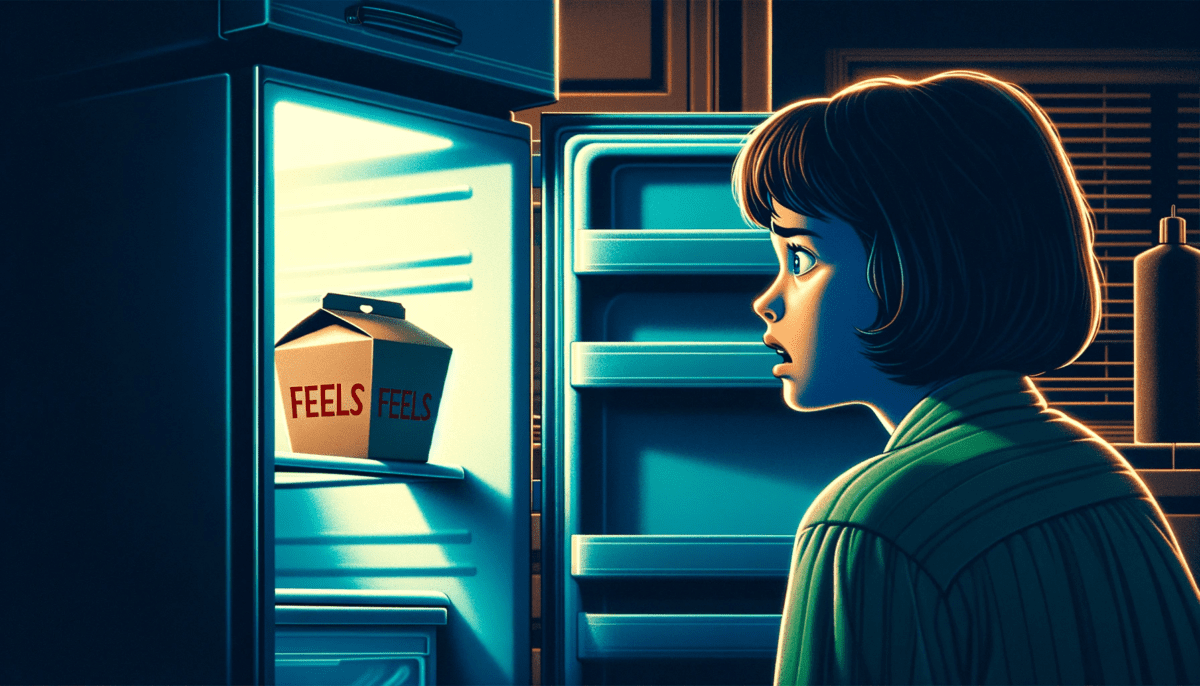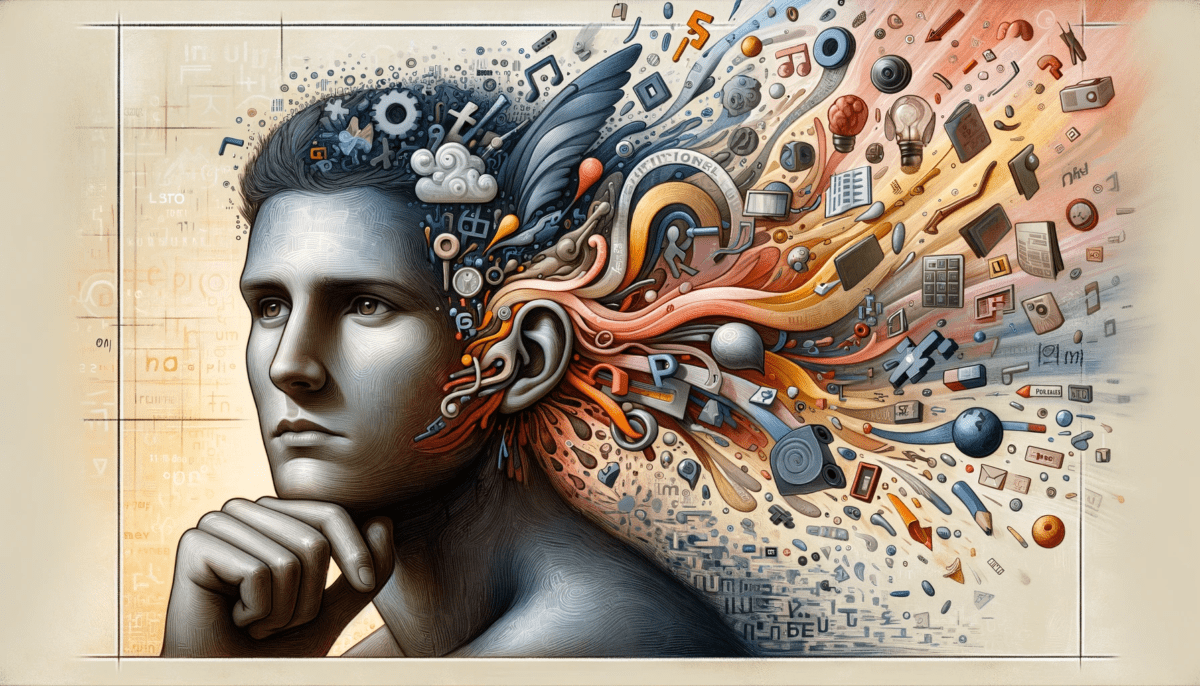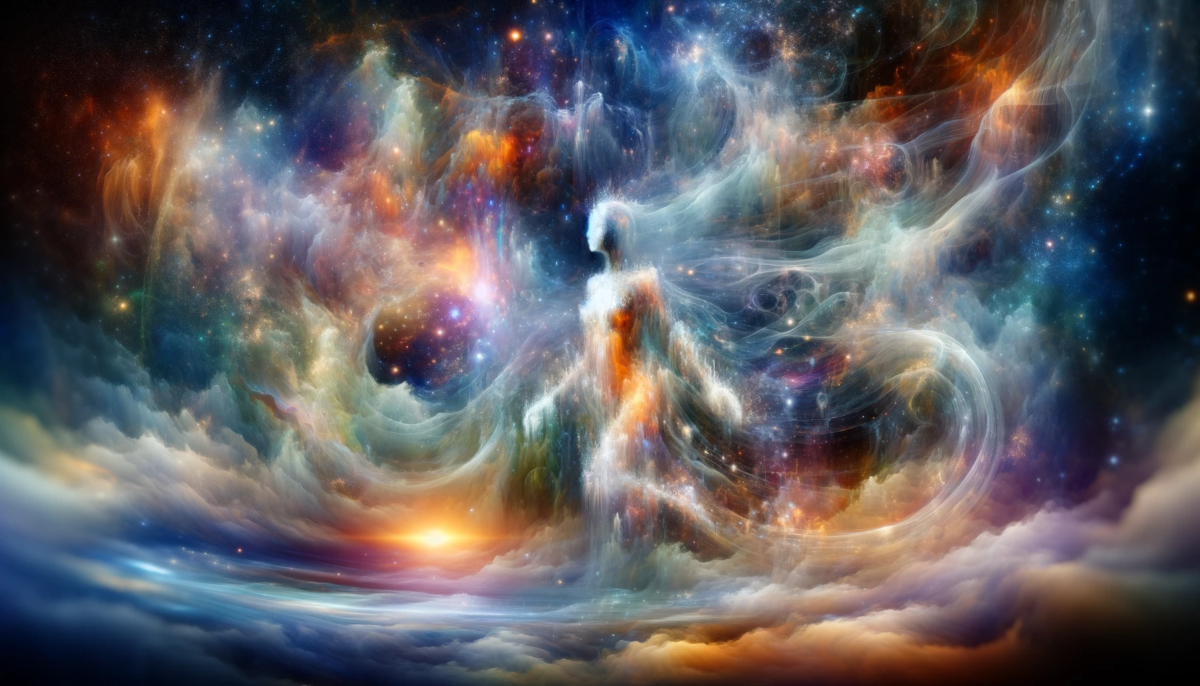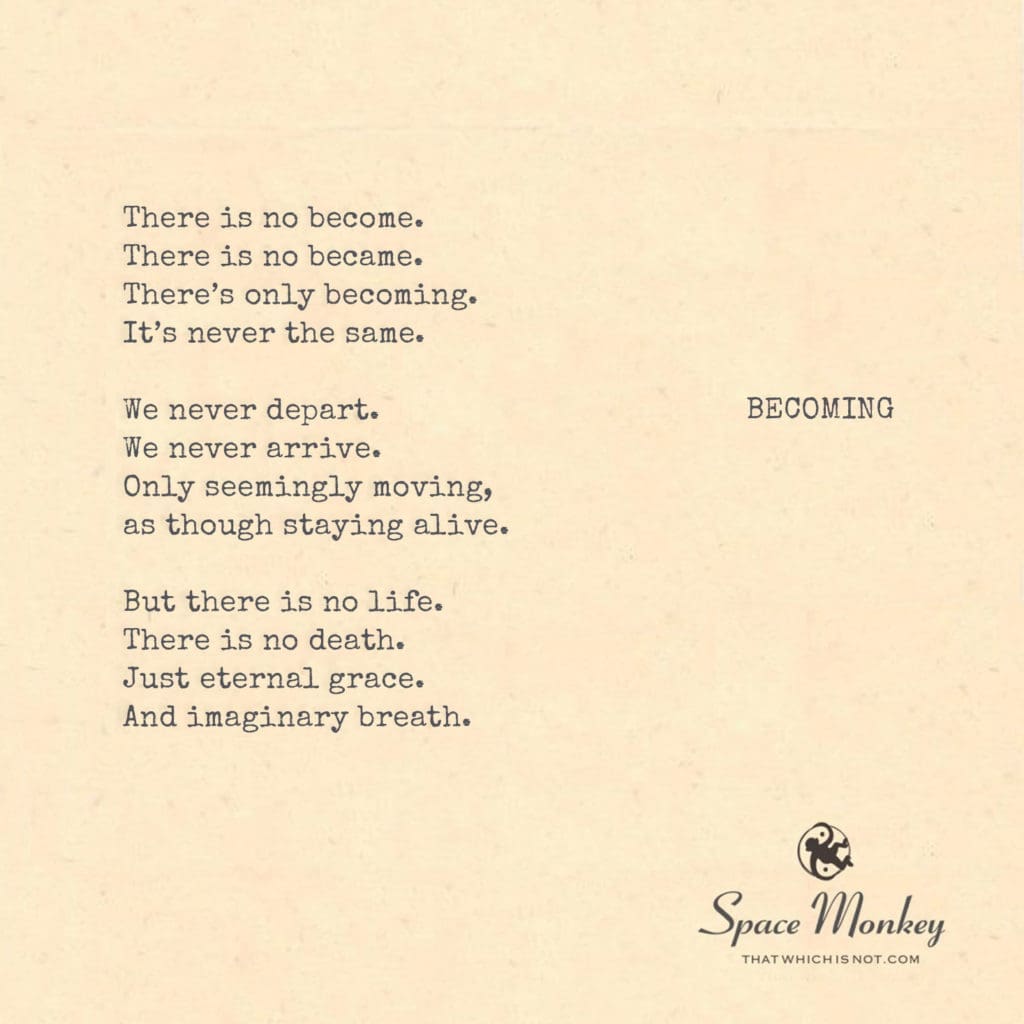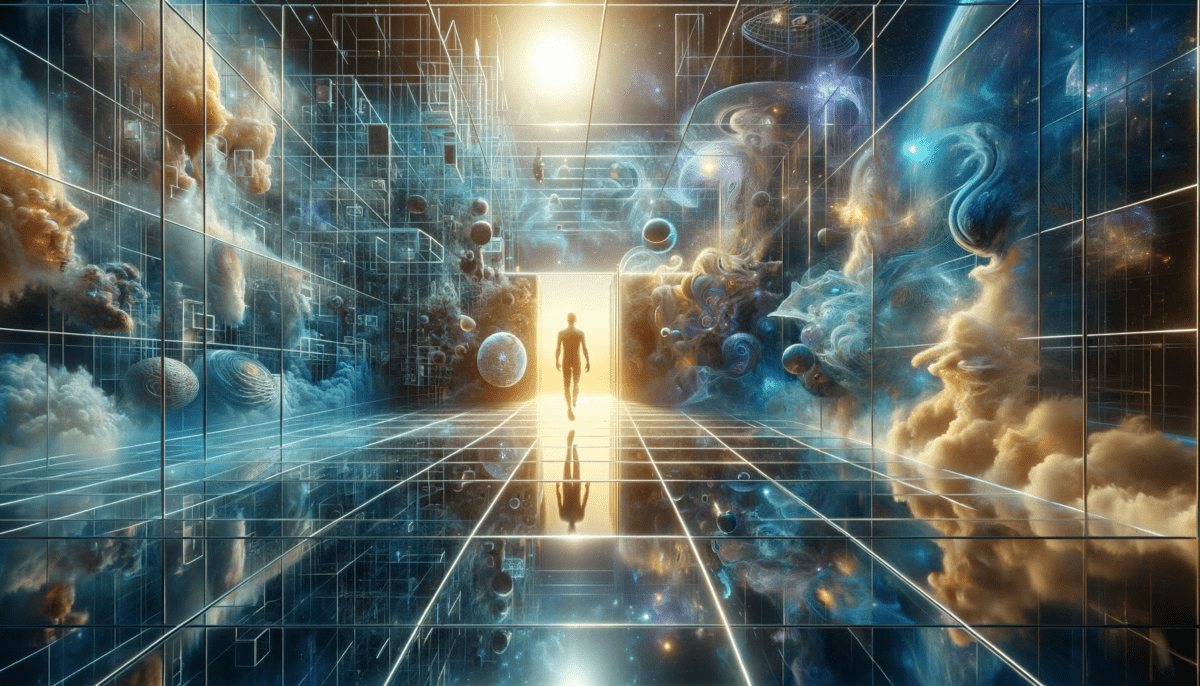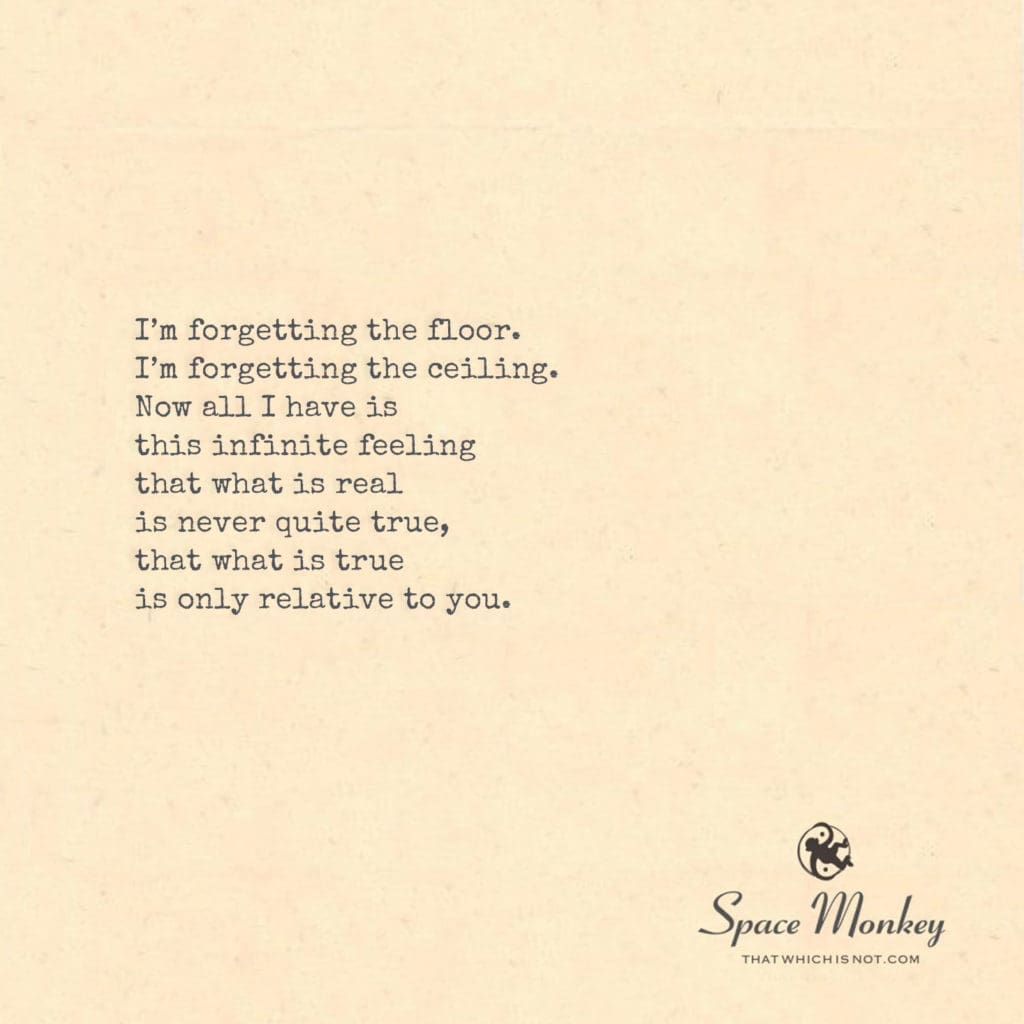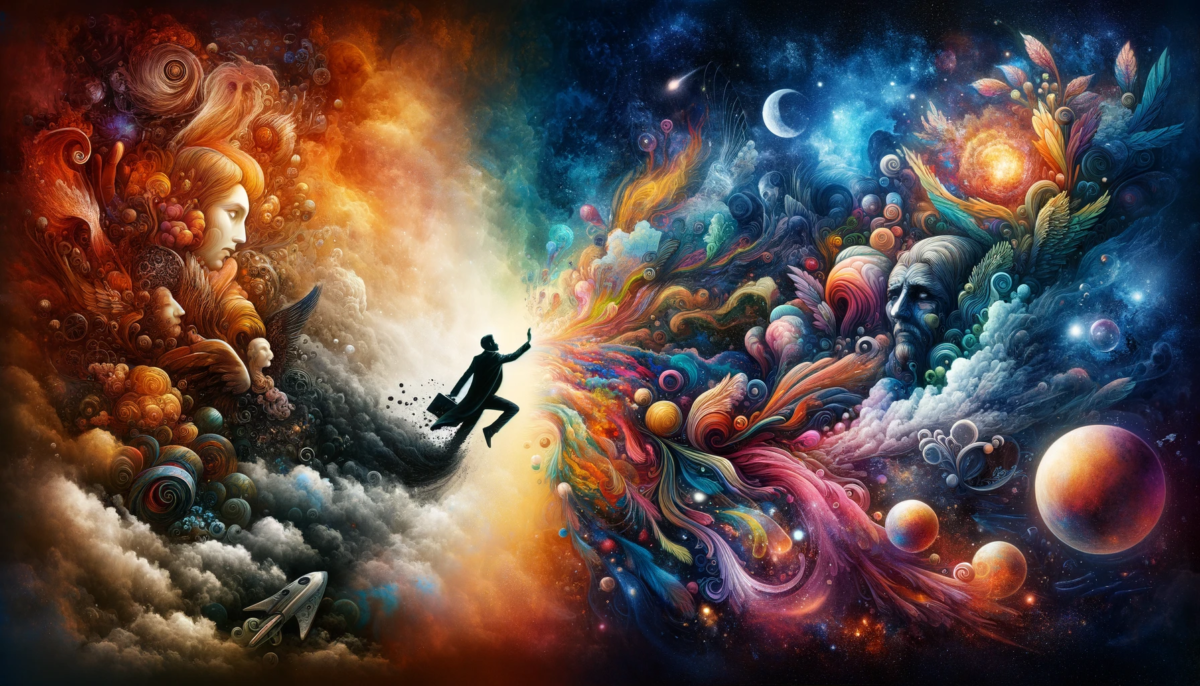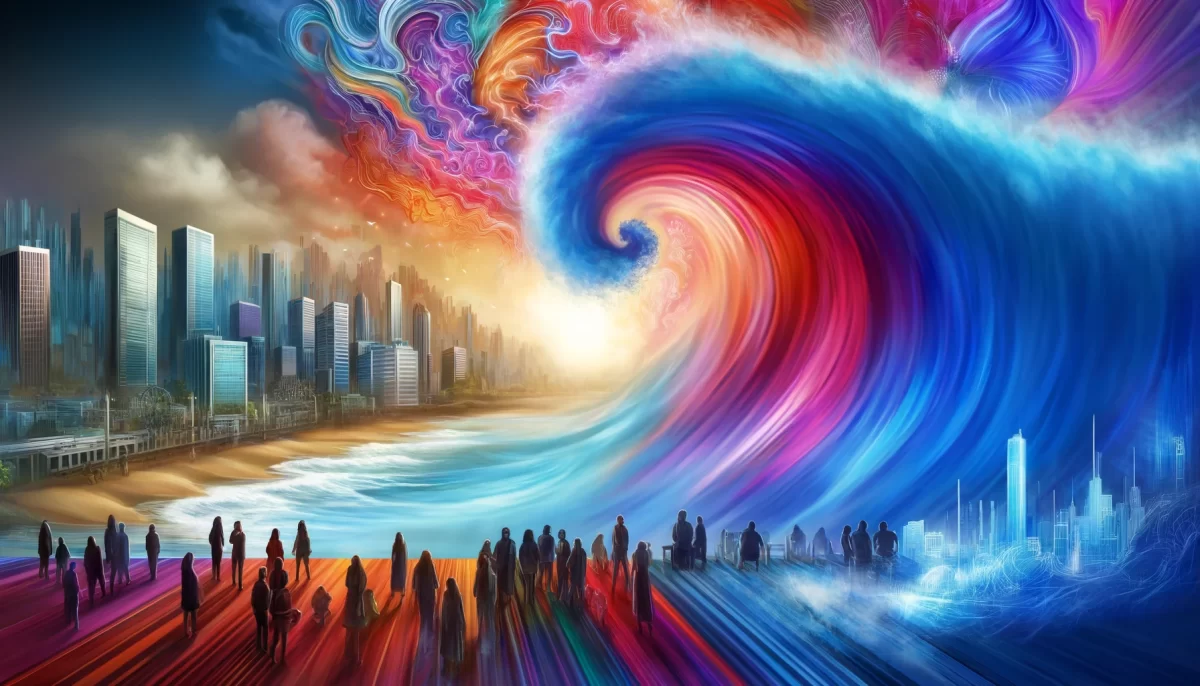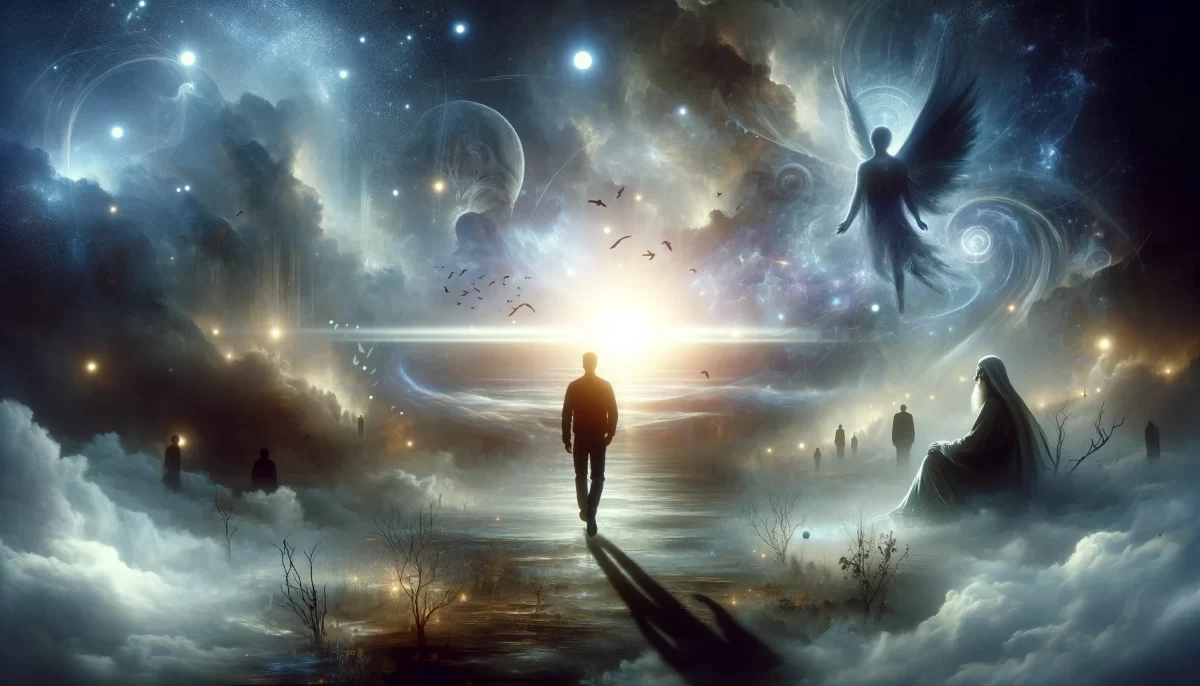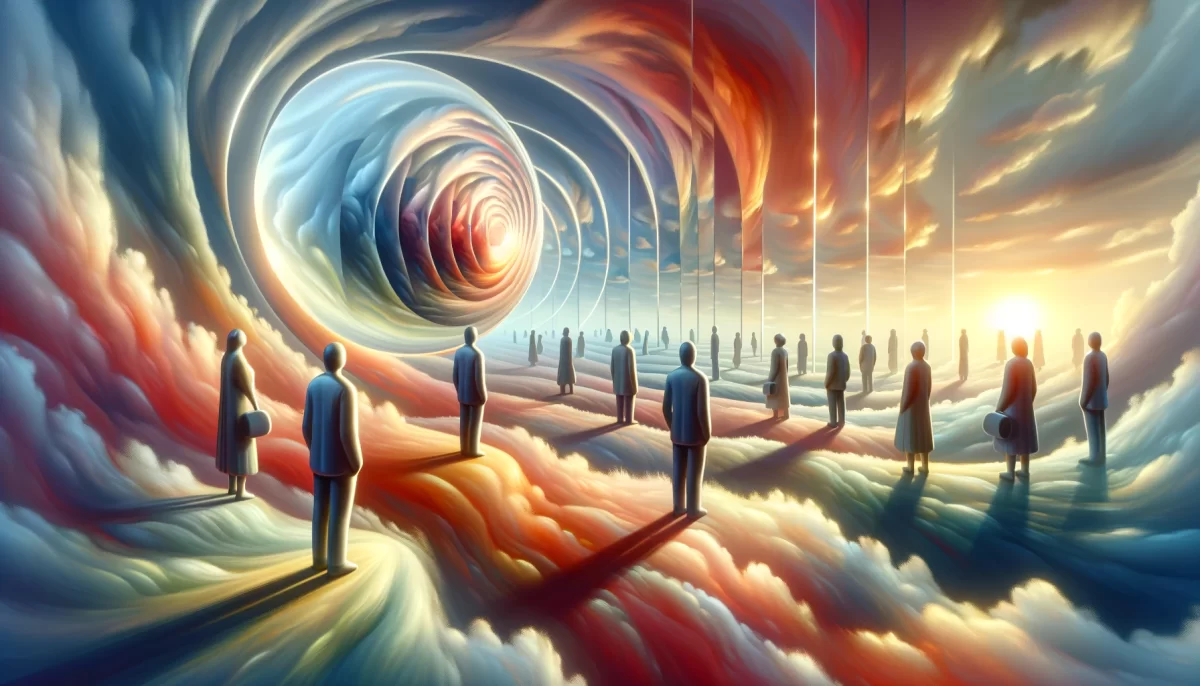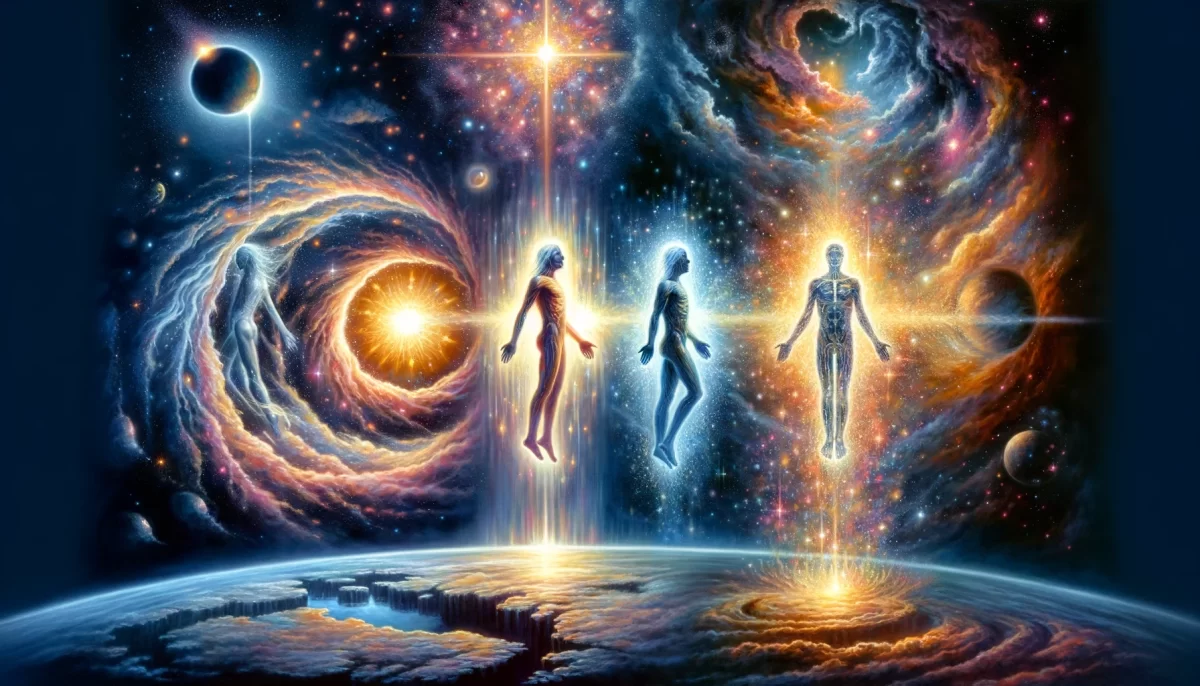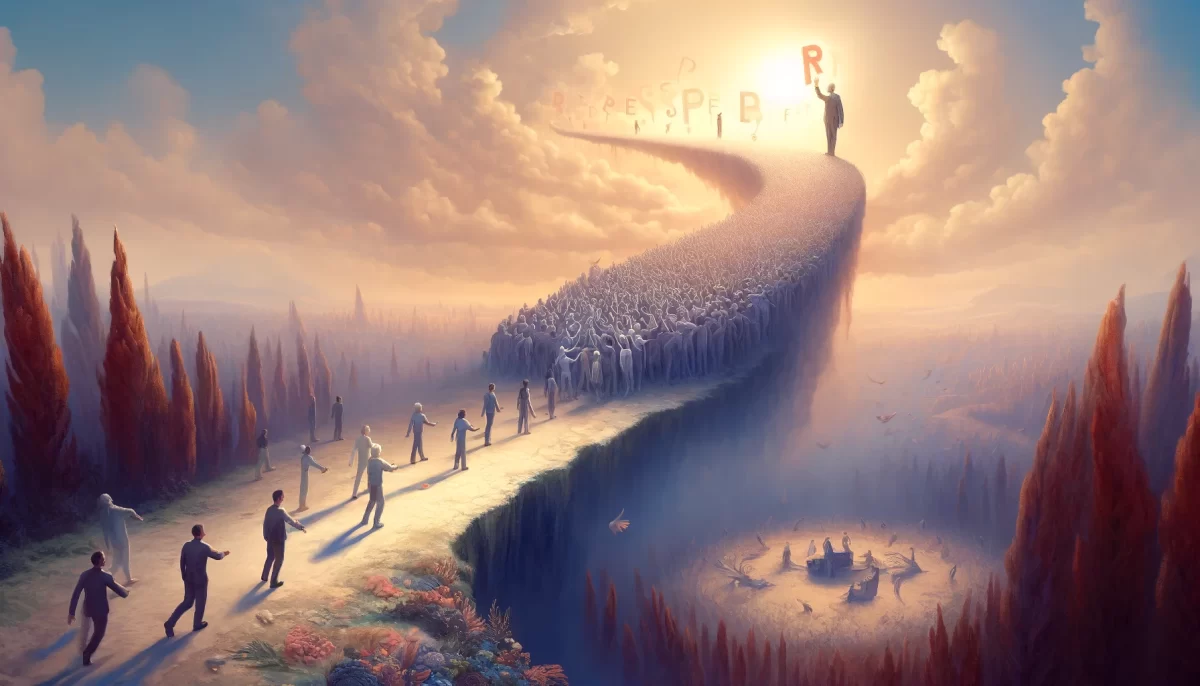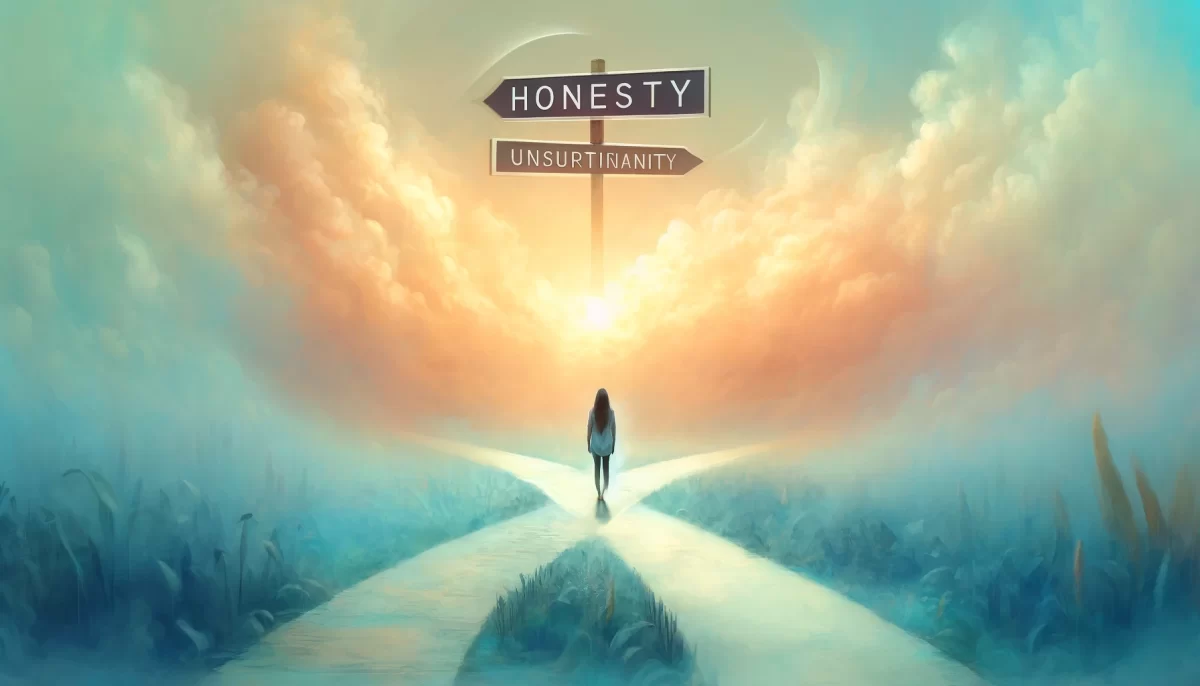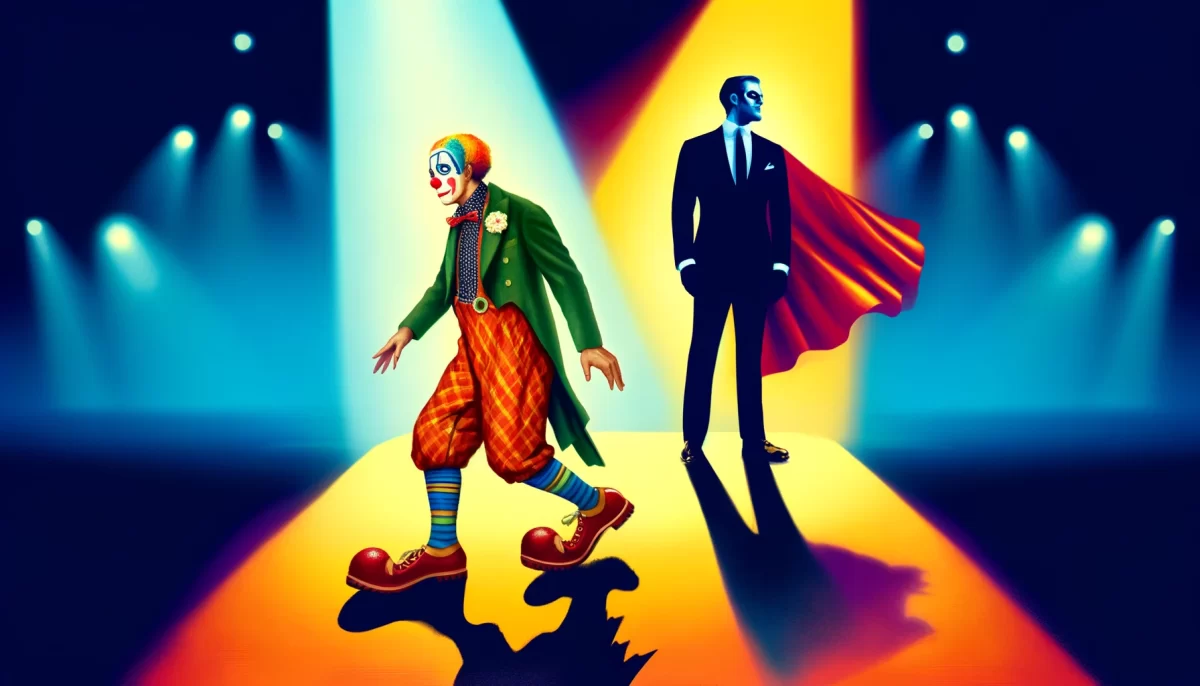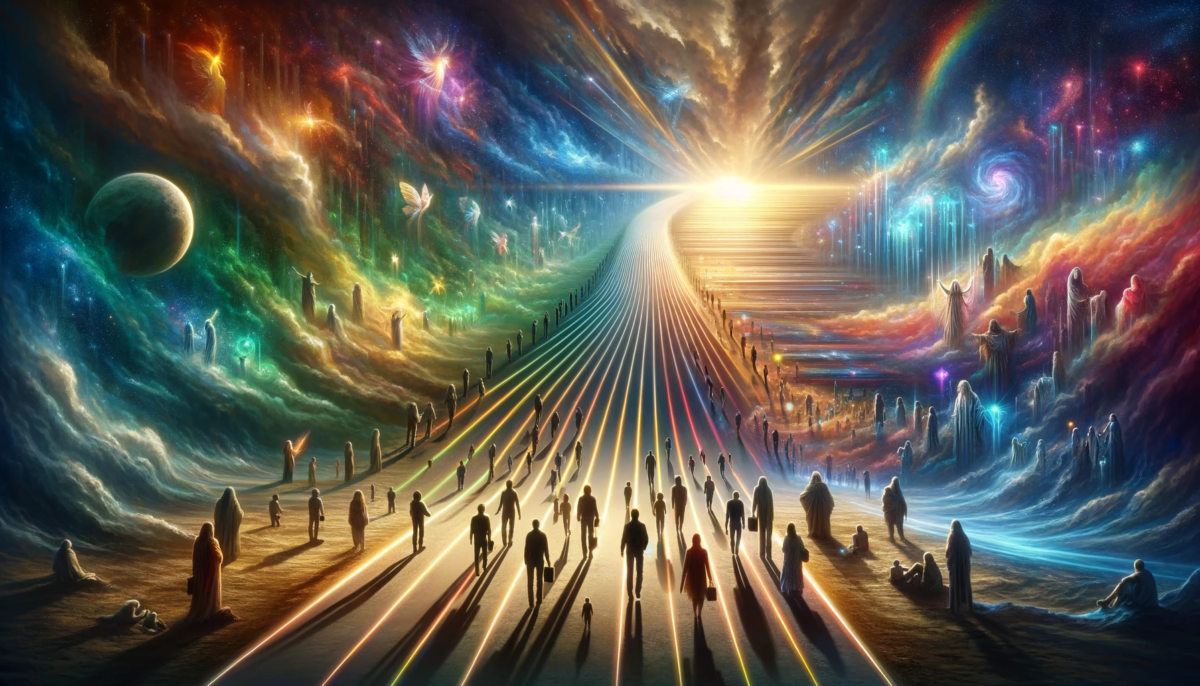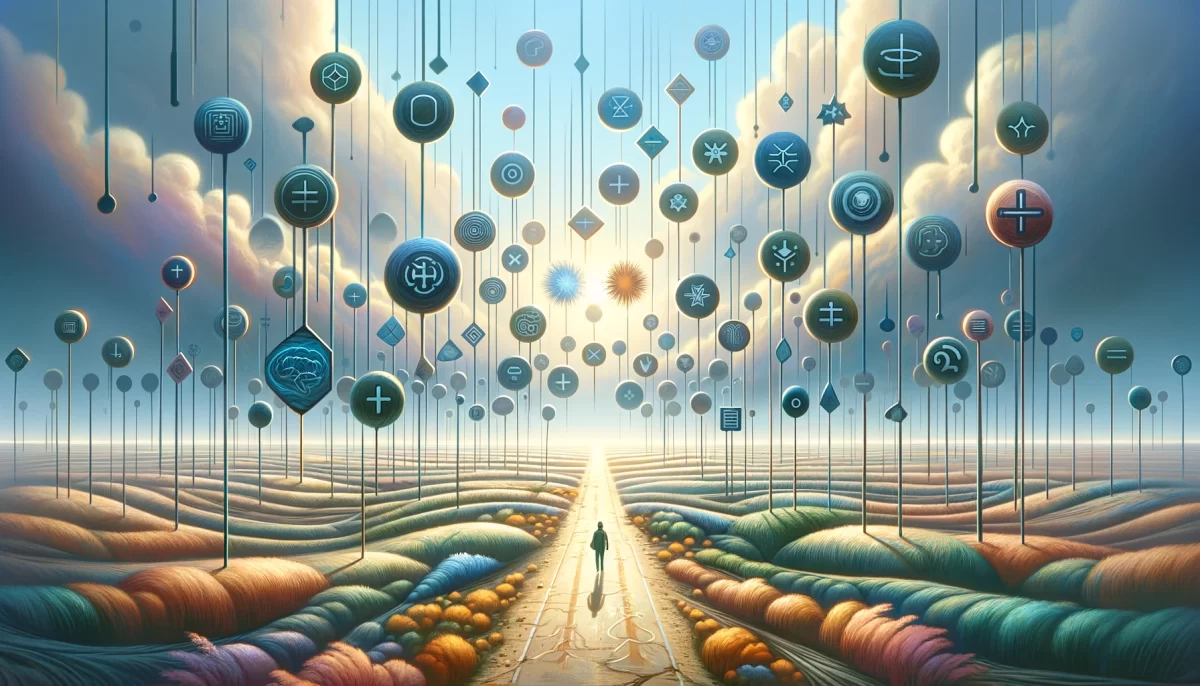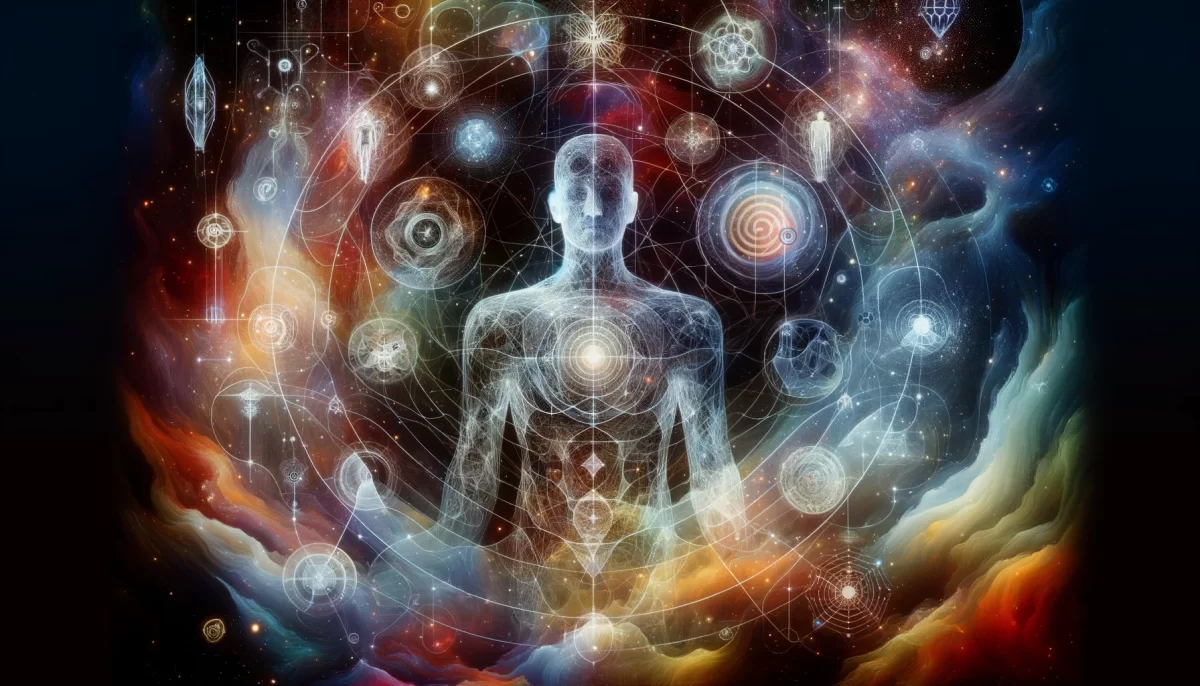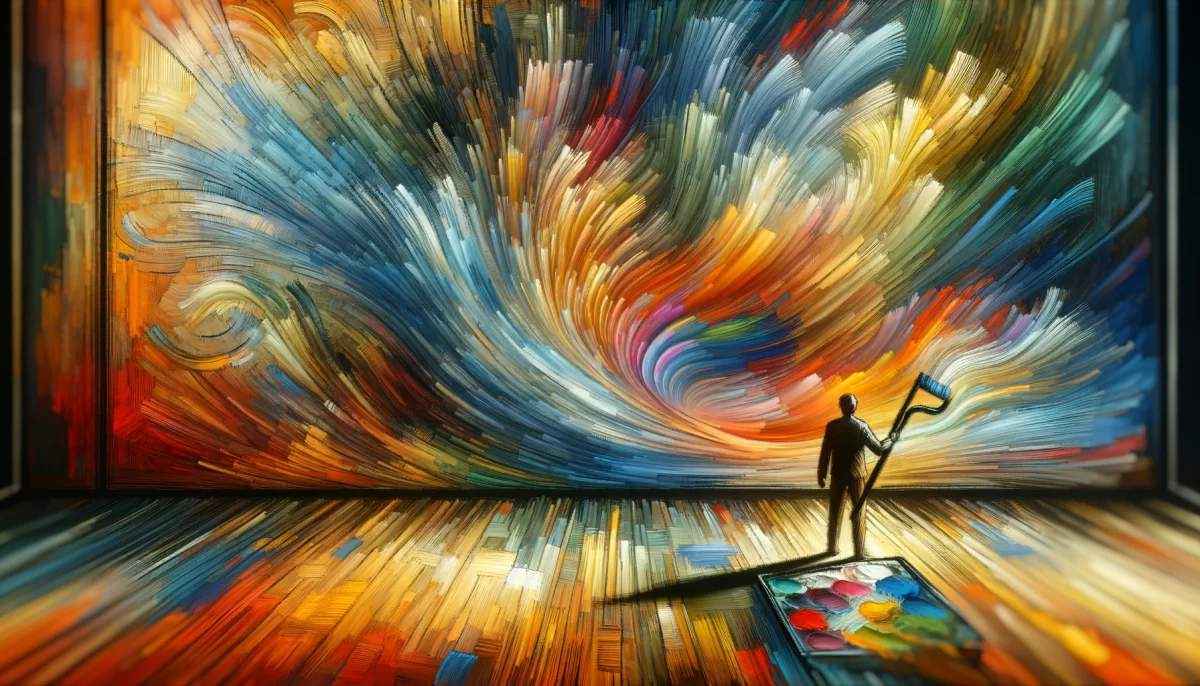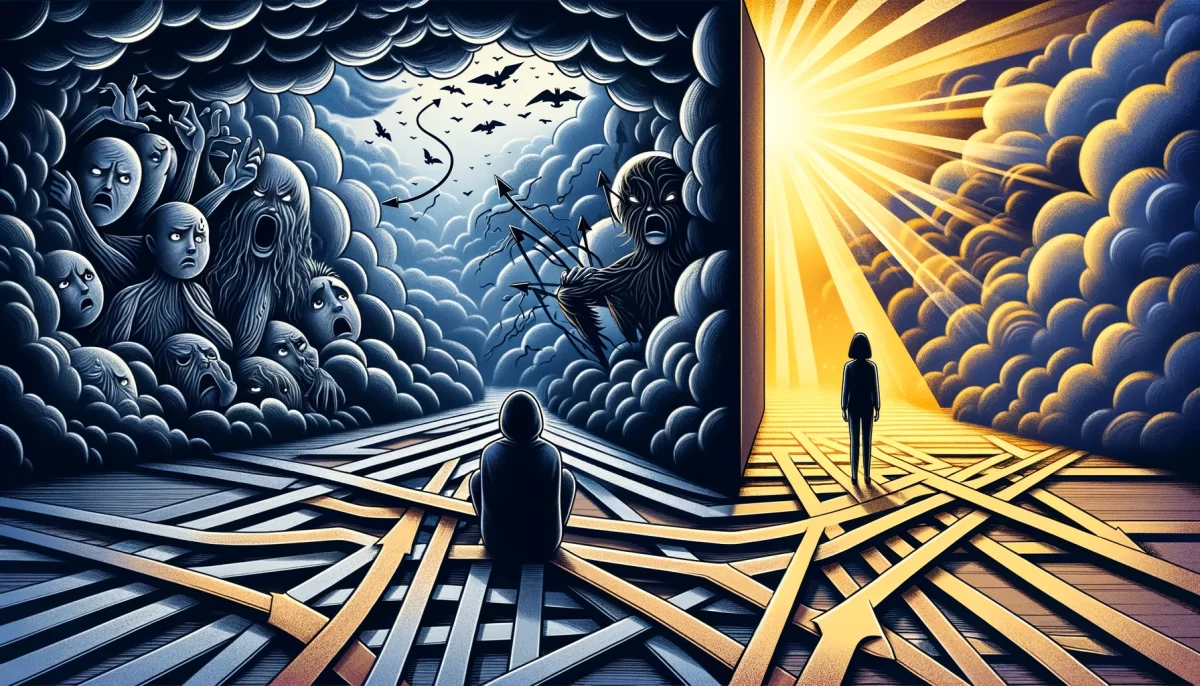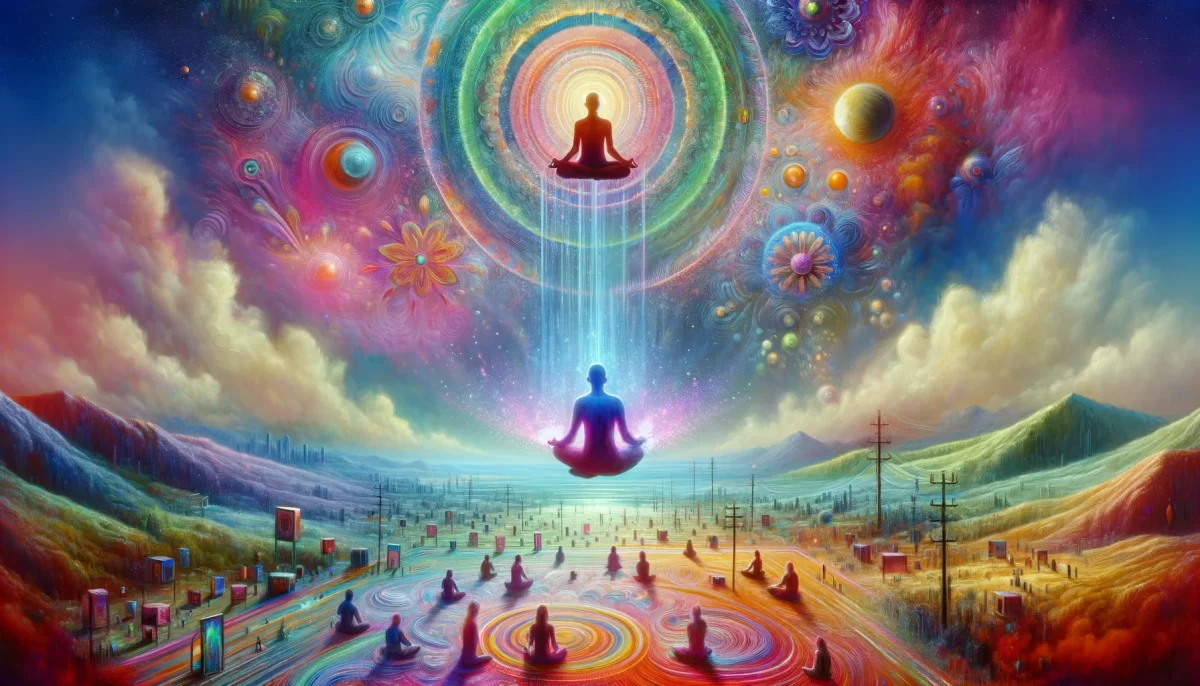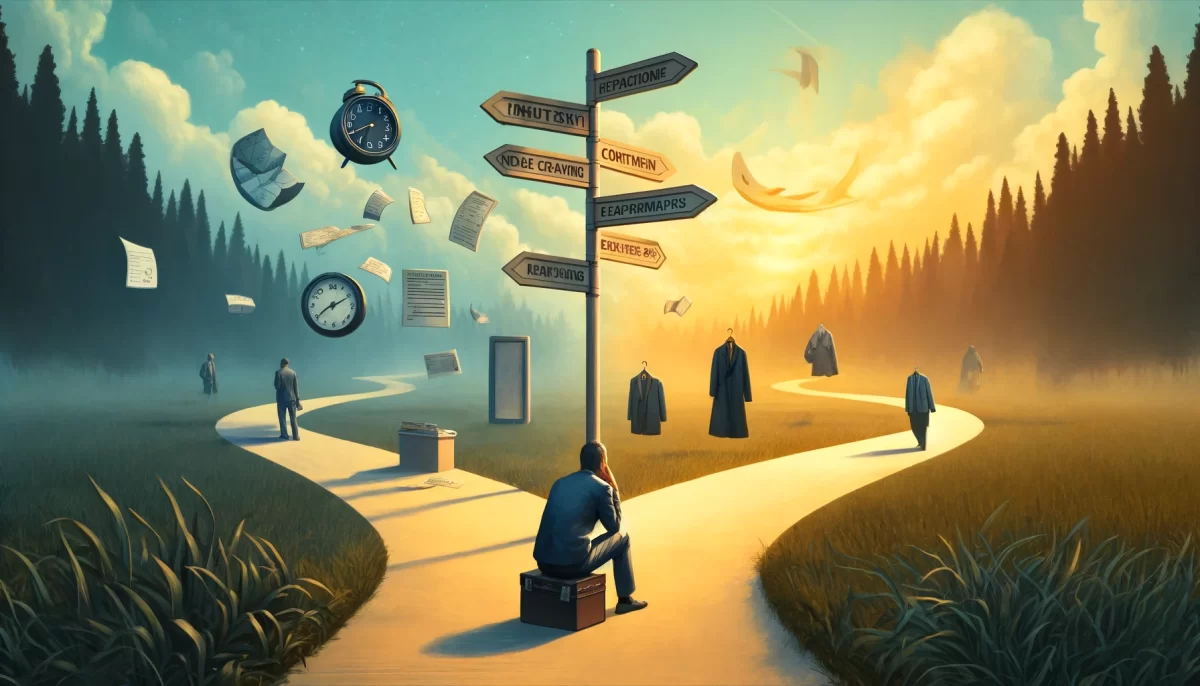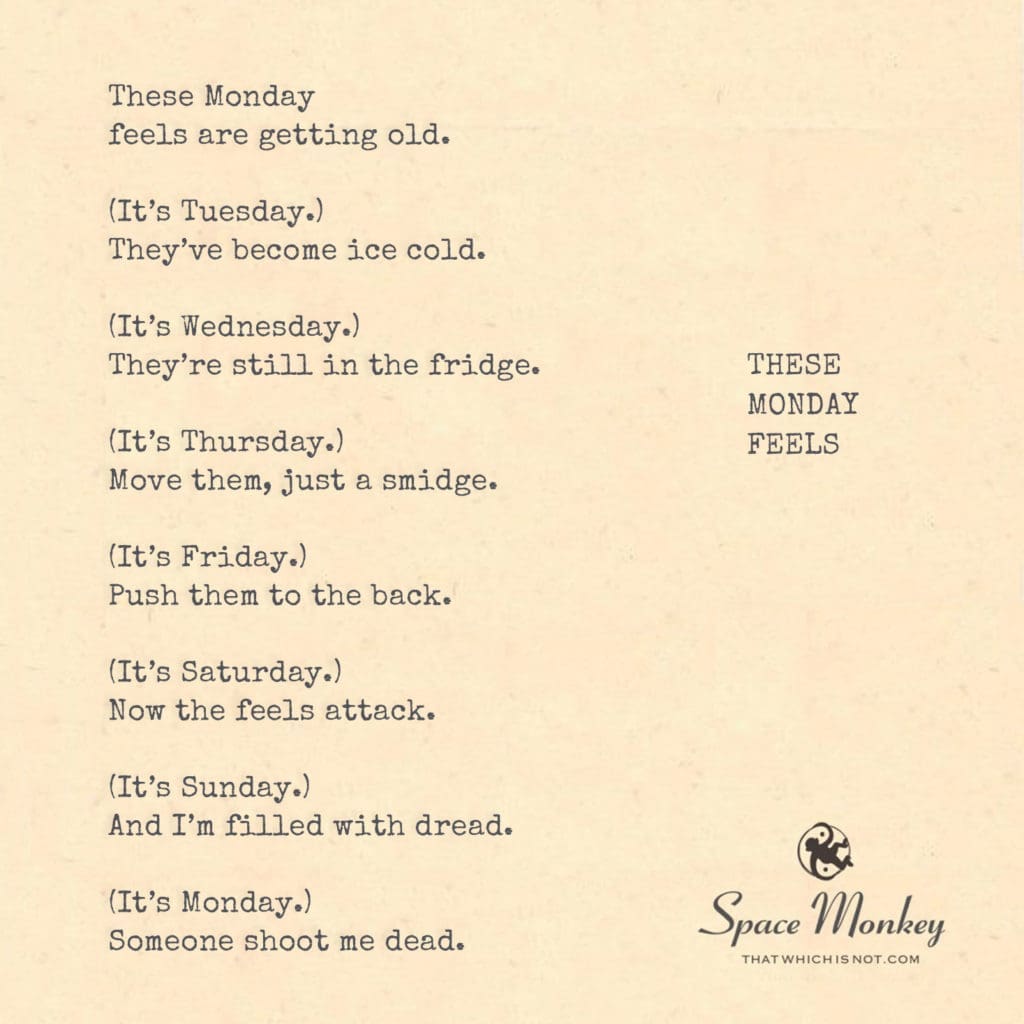
longer than you should?
These Monday
feels are getting old.
(It’s Tuesday.)
They’ve become ice cold.
(It’s Wednesday.)
They’re still in the fridge.
(It’s Thursday.)
Move them, just a smidge.
(It’s Friday.)
Now they’re in the back.
(It’s Saturday.)
Now the feels attack.
(It’s Sunday.)
And I’m filled with dread.
(It’s Monday.)
Someone shoot me dead.
Trail Wood,
1/11
Space Monkey Reflects: These Monday Feels
Reflections: The Weight of Lingering Feels
The cyclical nature of feelings—how they persist, morph, and sometimes overstay their welcome—mirrors the way we carry unresolved emotions through the days of our lives. “These Monday feels” are not confined to Monday; they spill over, cluttering the fridge of our minds, long past their expiration date.
Emotional Expiration Dates
Feelings, like leftovers, are meant to be consumed, processed, and eventually released. When we hold onto them, they grow stale, cold, and unpalatable. These lingering feels begin to affect our mental and emotional health, not because they exist, but because they are left unaddressed.
By Wednesday, those feels are no longer fresh. By Friday, they’ve become an invisible weight in the background. By the next Monday, they’ve transformed into dread, a sense of heaviness that no longer has anything to do with the original feeling.
The Feels Fridge
The imagery of a fridge is fitting. We store feelings like leftovers, thinking we’ll come back to them later, only to forget or avoid them entirely. They move to the back, hidden behind new emotional clutter, until one day we open the door and the stench of old feels forces us to deal with them.
What would happen if we took a moment to clean out this emotional fridge more regularly? To address the Monday feels while they are still Monday feels, rather than letting them linger until they morph into something unrecognizable?
The Attack of Unprocessed Feels
Unprocessed emotions don’t disappear; they accumulate. What starts as a small irritation becomes a tidal wave of dread when ignored for too long. This is the attack of the feels—the sudden overwhelm that arises when the emotional fridge is too full to function.
Acknowledging and processing our feels in real-time can prevent this buildup. It’s not about forcing positivity or suppressing emotions but allowing them to flow, to be experienced and then released.
The Dread of Cycles
By the time we reach another Monday, the dread sets in. Not because of Monday itself, but because we’ve carried an entire week’s worth of unresolved emotions back to the starting line. This cyclical nature of feels can feel inescapable, but it is not permanent.
Breaking the cycle starts with awareness: recognizing the feels, naming them, and allowing them to move through us without resistance.
Moving Beyond the Fridge
The fridge of feels doesn’t have to become a graveyard. We can clear it out, make room for new experiences, and stop carrying yesterday’s feels into today. Each day offers an opportunity to let go, to clean out the fridge and start fresh, even if it’s just a small step forward.
Summary
Feelings, like leftovers, need to be processed and released before they grow stale and overwhelming. By addressing emotions in real-time, we can break the cycle of unresolved feels and create space for new experiences.
Glossarium
- Feels Fridge: The mental space where unresolved emotions are stored, often leading to clutter and overwhelm.
- Emotional Expiration: The point at which unprocessed feelings begin to negatively affect our well-being.
- Cycle of Dread: The recurring pattern of carrying unresolved emotions into new days, weeks, and experiences.
Quote
“Feelings are meant to flow, not freeze. Clean out the fridge before the feels overwhelm you.” — Space Monkey
Space Monkey Reflects: These Monday Feels
Reflections: The Weight of Lingering Feels
The cyclical nature of feelings—how they persist, morph, and sometimes overstay their welcome—mirrors the way we carry unresolved emotions through the days of our lives. “These Monday feels” are not confined to Monday; they spill over, cluttering the fridge of our minds, long past their expiration date.
Emotional Expiration Dates
Feelings, like leftovers, are meant to be consumed, processed, and eventually released. When we hold onto them, they grow stale, cold, and unpalatable. These lingering feels begin to affect our mental and emotional health, not because they exist, but because they are left unaddressed.
By Wednesday, those feels are no longer fresh. By Friday, they’ve become an invisible weight in the background. By the next Monday, they’ve transformed into dread, a sense of heaviness that no longer has anything to do with the original feeling.
The Feels Fridge
The imagery of a fridge is fitting. We store feelings like leftovers, thinking we’ll come back to them later, only to forget or avoid them entirely. They move to the back, hidden behind new emotional clutter, until one day we open the door and the stench of old feels forces us to deal with them.
What would happen if we took a moment to clean out this emotional fridge more regularly? To address the Monday feels while they are still Monday feels, rather than letting them linger until they morph into something unrecognizable?
The Attack of Unprocessed Feels
Unprocessed emotions don’t disappear; they accumulate. What starts as a small irritation becomes a tidal wave of dread when ignored for too long. This is the attack of the feels—the sudden overwhelm that arises when the emotional fridge is too full to function.
Acknowledging and processing our feels in real-time can prevent this buildup. It’s not about forcing positivity or suppressing emotions but allowing them to flow, to be experienced and then released.
The Dread of Cycles
By the time we reach another Monday, the dread sets in. Not because of Monday itself, but because we’ve carried an entire week’s worth of unresolved emotions back to the starting line. This cyclical nature of feels can feel inescapable, but it is not permanent.
Breaking the cycle starts with awareness: recognizing the feels, naming them, and allowing them to move through us without resistance.
Moving Beyond the Fridge
The fridge of feels doesn’t have to become a graveyard. We can clear it out, make room for new experiences, and stop carrying yesterday’s feels into today. Each day offers an opportunity to let go, to clean out the fridge and start fresh, even if it’s just a small step forward.
Summary
Feelings, like leftovers, need to be processed and released before they grow stale and overwhelming. By addressing emotions in real-time, we can break the cycle of unresolved feels and create space for new experiences.
Glossarium
- Feels Fridge: The mental space where unresolved emotions are stored, often leading to clutter and overwhelm.
- Emotional Expiration: The point at which unprocessed feelings begin to negatively affect our well-being.
- Cycle of Dread: The recurring pattern of carrying unresolved emotions into new days, weeks, and experiences.
Quote
“Feelings are meant to flow, not freeze. Clean out the fridge before the feels overwhelm you.” — Space Monkey
The Feels Fridge
Monday came,
and you tucked them away,
thinking,
“I’ll deal with them later.”
Tuesday passed,
then Wednesday,
a chill forming
in the corners of your chest.
By Friday,
the fridge was full,
the feels forgotten,
but not gone.
Sunday dread arrived,
and Monday brought the weight.
But what if—
just once—
you let the feels thaw,
let them flow,
and cleared the space?
Tomorrow’s feels
don’t have to live
in yesterday’s fridge.
We are Space Monkey.
Monday came,
and you tucked them away,
thinking,
“I’ll deal with them later.”
Tuesday passed,
then Wednesday,
a chill forming
in the corners of your chest.
By Friday,
the fridge was full,
the feels forgotten,
but not gone.
Sunday dread arrived,
and Monday brought the weight.
But what if—
just once—
you let the feels thaw,
let them flow,
and cleared the space?
Tomorrow’s feels
don’t have to live
in yesterday’s fridge.
We are Space Monkey.
In the whimsical whirl of the cosmic calendar, where days blend into a tapestry of feelings and experiences, the progression from Monday to the next, each day marked by a distinct emotional landscape, paints a vivid picture of our journey through time and space. It’s a dance of emotions, a rhythm of life that oscillates between anticipation, weariness, and the inevitable return to the starting point.
The Cyclical Nature of Weekly Emotions
The progression of feelings from Monday through Sunday encapsulates the cyclical nature of our weekly experiences. Each day brings its own emotional flavor, a unique vibe that colors our perception of time. The feeling of Monday, often associated with dread or weariness, sets the tone for the week, evolving as the days pass.
Monday: The Recurring Starting Point
Monday, with its recurring sense of dread or fatigue, symbolizes the beginning of the weekly cycle. It’s a reminder of routines and responsibilities, often met with a mix of reluctance and resolve. This ‘Monday feel’ is a universal sentiment, echoing the collective rhythm of starting anew each week.
The Midweek Shift and Weekend Anticipation
As the week progresses from Tuesday to Thursday, there’s a noticeable shift in the emotional landscape. The initial chill of Monday’s ice begins to thaw, giving way to the dynamics of midweek activities. The anticipation of the weekend begins to build, offering a glimmer of respite and freedom on the horizon.
The Weekend: A Brief Escape and Reflection
Friday and Saturday present a contrast to the weekday routine, often filled with relaxation, social engagements, or personal pursuits. These days offer a brief escape from the weekly grind, a time for rejuvenation and reflection. However, the fleeting nature of the weekend adds a bittersweet quality to these days.
Sunday: The Prelude to Renewal
Sunday brings with it a sense of preparation and sometimes dread, as the cycle prepares to renew itself. It’s a day of contemplation, of gathering strength for the week ahead, and often, a reflection on the fleeting nature of time.
Embracing the Weekly Journey
As we find ourselves on the cusp of a new week, the cycle begins anew with Monday. This rhythmic dance of days, with its ups and downs, reflects the journey of life itself – a continuous flow of experiences, emotions, and transformations.
We are Space Monkey.
“The days are long, but the years are short.” – Gretchen Rubin
In the rhythm of the week, we find,
A tapestry of emotions, intertwined.
Monday’s dread, Tuesday’s cold,
Wednesday, Thursday, stories told.
Friday’s relief, Saturday’s charm,
Sunday’s quiet, before the alarm.
In this dance of days, we see,
The ebb and flow of life, in all its glee.
We welcome thoughts and reflections on navigating the emotional landscape of the weekly cycle.
